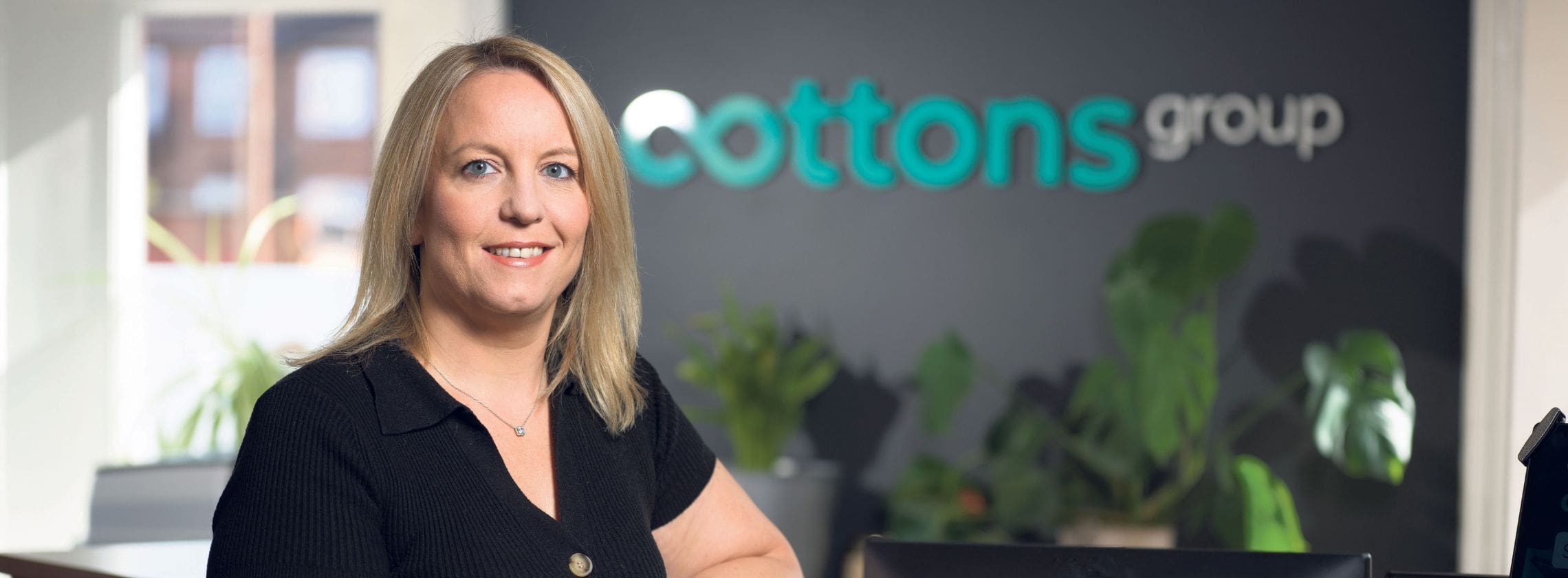For some, talking about Christmas in September might seem premature. However, if you’re responsible for operations or event planning within your company, you know that securing the perfect venue for your work Christmas party often requires booking six to ten months in advance. While the festive season might seem far off, forward planning is crucial, especially when it comes to understanding the tax implications of your end-of-year celebrations.
Why forward planning matters
As you start planning your work Christmas party, it’s essential to consider how your decisions today might affect your company’s tax position later. Proper planning ensures that your festive celebrations not only boost employee morale but also remain cost-effective and tax efficient.
Key tax considerations for your Christmas party are:
- Cost per head: it’s vital to monitor the cost per attendee when planning your event. To avoid unintended tax consequences, keep the cost under £150 per head, including VAT. Exceeding this threshold could result in the entire amount being treated as a taxable benefit for your employees, rather than just the excess.
- Inclusivity of the event : ensure that the event is inclusive of all employees. If your Christmas party is restricted to directors or specific departments, the attendees may be liable for additional tax on the event’s cost. Planning an inclusive event helps avoid these tax pitfalls and fosters a more cohesive team environment.
- Guest lists and non-employee considerations: if your employees’ partners or spouses are invited, remember that the £150 per head limit applies to them as well. However, this exemption only covers employees and their families, not clients or contractors. Planning your guest list with these rules in mind can help you stay within the allowable limits and maximise your tax benefits.
- Multiple events: if your company hosts more than one event annually, such as a summer and a Christmas party, plan to allocate the £150 per head allowance between these events. Forward planning can help ensure that you don’t inadvertently create a tax liability by exceeding the combined limit.
- VAT and other costs: VAT considerations should also be part of your planning process. While the £150 limit includes VAT, VAT-registered businesses may be able to claim a refund on some of the event’s expenses.
 Planning employee gifts
Planning employee gifts
In addition to planning your Christmas party, forward thinking about employee gifts can also help you stay on top of potential tax liabilities.
Small gifts that cost £50 or less are considered ‘trivial benefits’ and are not subject to tax. Plan your gift-giving strategy early to ensure you stay within this limit and avoid turning a gesture of appreciation into a taxable event.
When selecting gifts, remember that cash or cash vouchers are taxable, while non-cash vouchers and store gift cards under £50 can be tax-exempt.
If your company is a ‘close’ company (owned by five or fewer individuals), be aware that trivial benefits for directors and their families are capped at £300 annually. Forward planning ensures that you don’t exceed this cap.
What if you overspend?
Even with the best-laid plans, sometimes things don’t go as expected. If you find that your Christmas party or gifts exceed the tax-free limits, a PAYE Settlement Agreement (PSA) with HMRC could be a solution. This allows you to cover the tax on certain benefits for your employees, helping to avoid additional tax burdens on them and reducing administrative hassle. To take advantage of this, you’ll need to apply for a PSA by July 5 2025 for the 2024/25 tax year.
Whether you’re planning a grand festive party or giving small tokens of appreciation, knowing the tax reliefs available can make a significant difference. By planning ahead and being aware of the tax implications, you can reward your employees in a way that boosts morale without creating unexpected costs.
However you choose to reward your employees, it’s reassuring to know that tax relief is available and can be claimed back. Even small gestures, like thoughtful gifts, can go a long way in enhancing employee satisfaction and loyalty.
Need a second opinion? Get in touch with Sarah at Cottons Group – we’re here to help you navigate the tax implications and ensure your festive celebrations are both joyous and tax-efficient.
Contact Cottons Group on 01604 632116, email skite@cottonsgroup.com or for more information visit their website.














